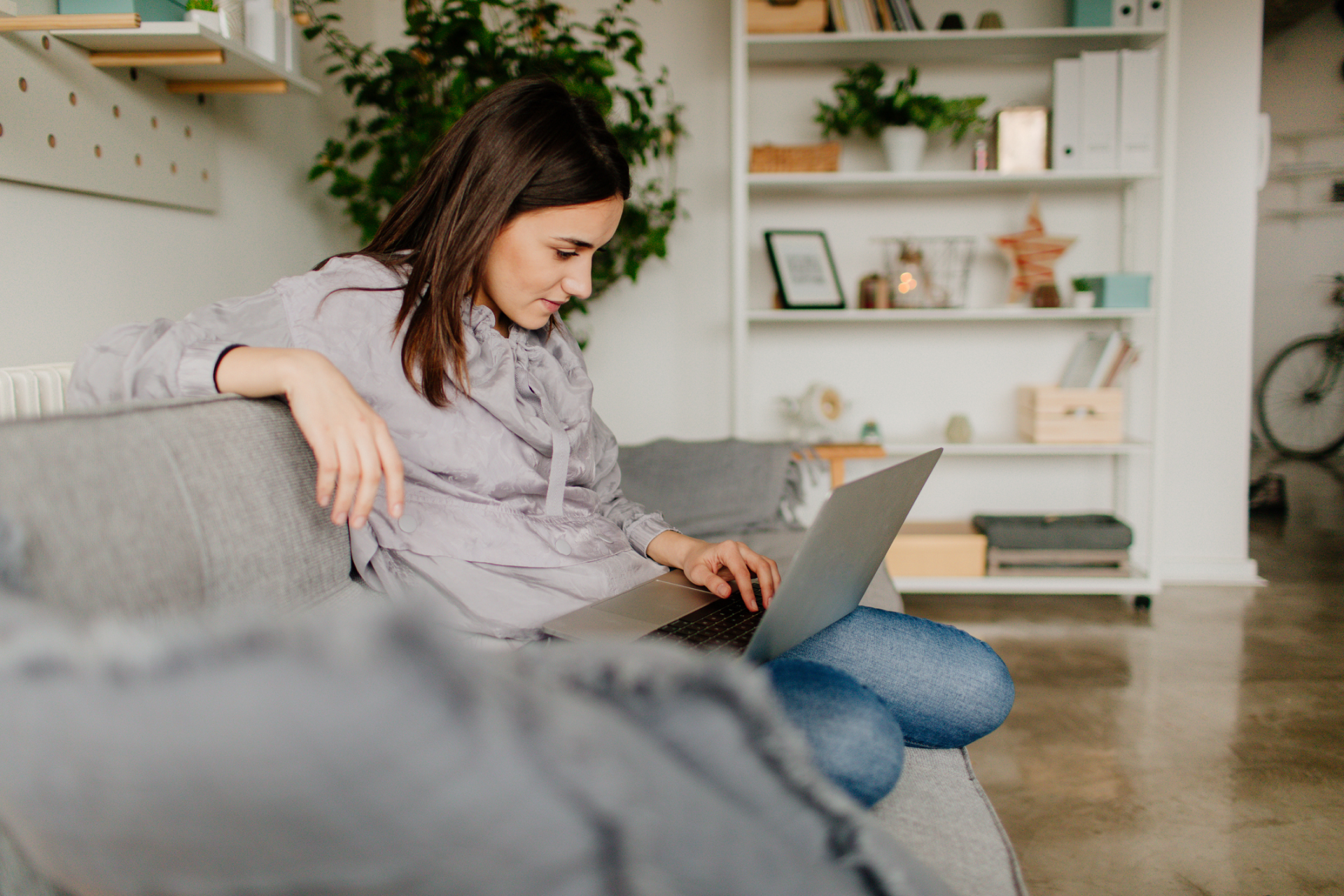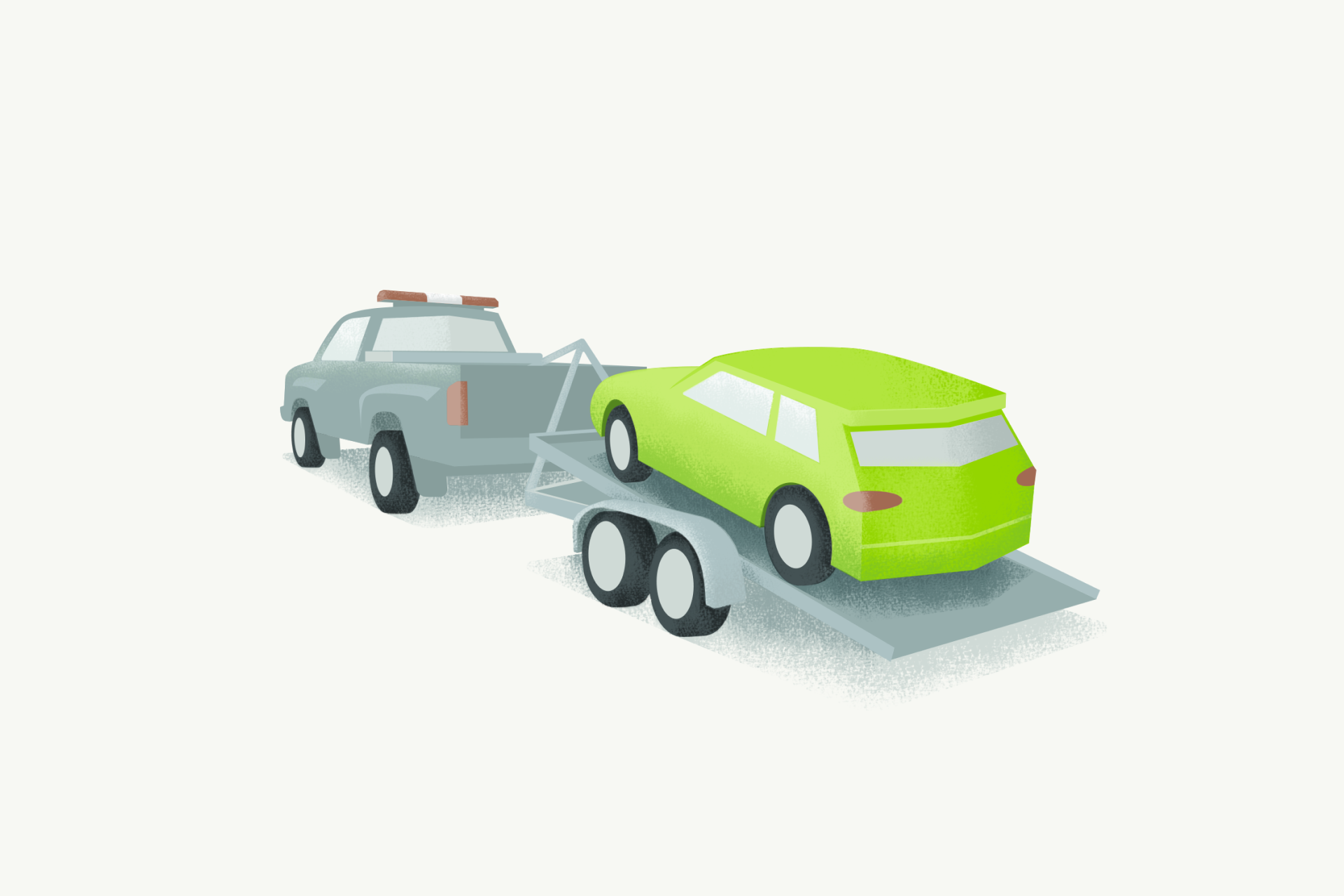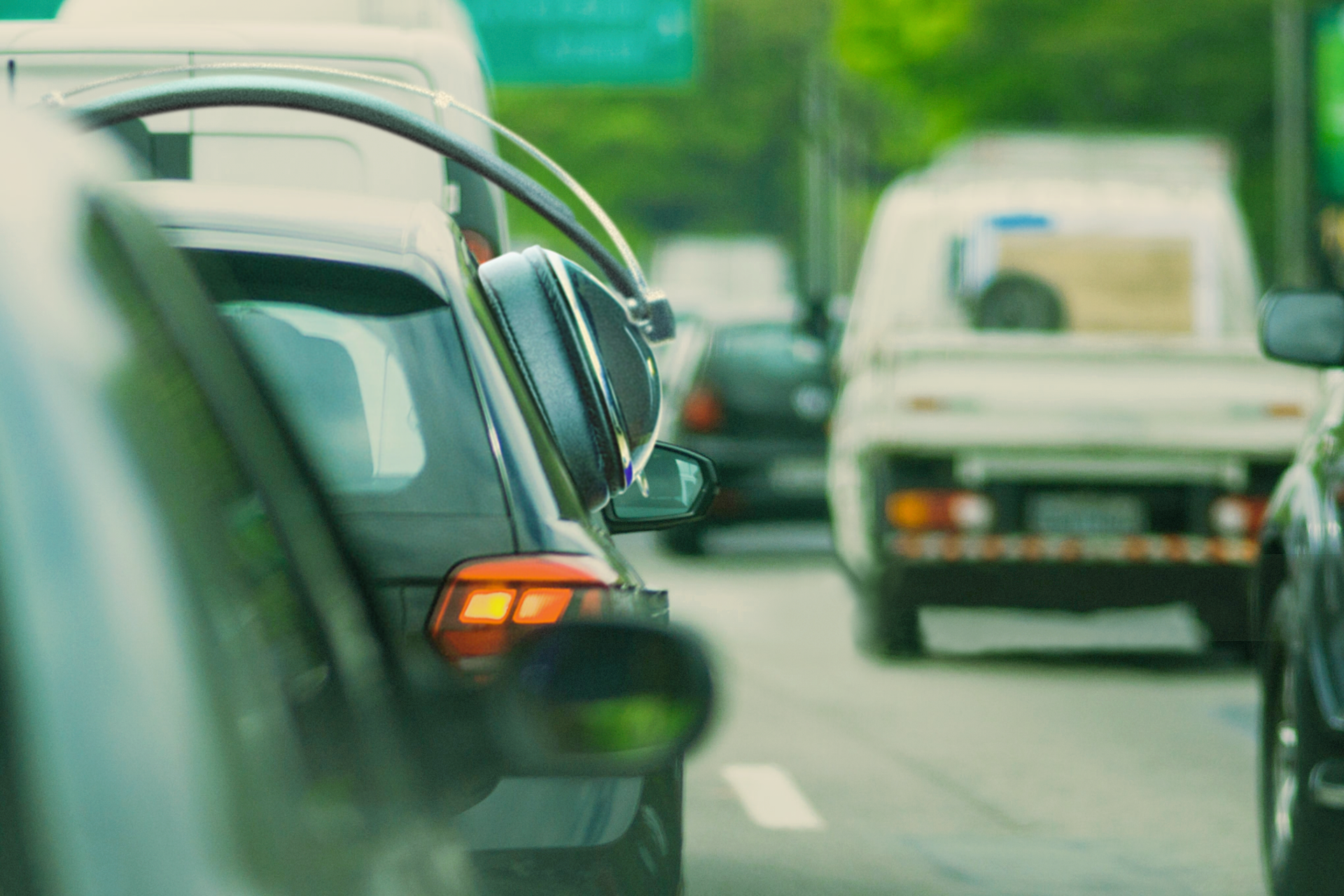You’ve had a car accident–what to do next?
July 1, 2021
How to prepare for a car accident
Parents always give the advice to be prepared–we think they're onto something.
When we prepare for the expected and unexpected in our lives, we can be better equipped to handle both. For example, when you study and find yourself prepared for a test.
Or, when you unexpectedly have a car accident, you may not be as equipped to handle the situation. In a daze, you may be thinking, “Wow, I just had a car accident; what to do next?”
If you’re unprepared, it can become a head-scratcher.
What to do after a car accident checklist: do’s and don’ts
Car accident do’s:
If possible, do get to a safe spot. Before you do anything else, make sure you are in a safe, well-lit place. Pull off to the side of the road and put on your hazard lights.
Do call emergency services if needed. We recommend calling the police and filing a police report after an accident.
Do assess the damage. Once you’re in a safe place and first responders are on their way, snap photos of all the cars involved, including license plates.
Do gather info. Talk to the other driver/s and exchange name, contact and insurance information. Make a note of who precisely was driving and how many passengers were in the other car. Always make sure you have your ID, registration and proof of insurance with you in the car.
Do file a claim. File a claim with your car insurance as soon as possible. With HiRoad, you can file a claim with just a few taps in our app, on our
website or by calling us at 855-262-1855.
For more in-depth information on what to do after a car accident, click here.
Car accident don’ts:
Don’t let your emotions take over. Car accidents are scary, stressful and agitating. It’s not always easy, but remaining calm is one of the smartest things you can do after an accident.
Don’t argue with the other drivers. Because emotions are high, people often get in arguments with other drivers after an accident. If the other driver is getting angry, we recommend just sitting in your car until the police arrive.
Don’t admit or discuss fault. Avoid discussing fault with the other driver. The police report and your respective insurance companies will determine fault.
Don’t assume someone else will call emergency services. There may be many people that witnessed your accident, but don’t assume any of them have called the police. Make the call yourself, so you are certain.
We know that accidents can be stressful and scary, but being prepared can make it less so. Remember that we’re here to help! At HiRoad, we find that drivers who understand the process are best prepared to handle an accident.
While many things will be running through your mind after an accident, if you can remember these nine things, you’ll be as prepared as possible.
The information in this article was obtained from various sources not associated with HiRoad®. While we believe it to be reliable and accurate, we do not warrant the accuracy or reliability of the information. HiRoad is not responsible for, and does not endorse or approve, either implicitly or explicitly, the content of any third party sites that might be hyperlinked from this page. The information is not intended to replace manuals, instructions or information provided by a manufacturer or the advice of a qualified professional, or to affect coverage under any applicable insurance policy. These suggestions are not a complete list of every loss control measure. HiRoad makes no guarantees of results from use of this information.Stay on the path
Get HiRoad in your inbox
Share your email to get the latest about our community of mindful drivers.



